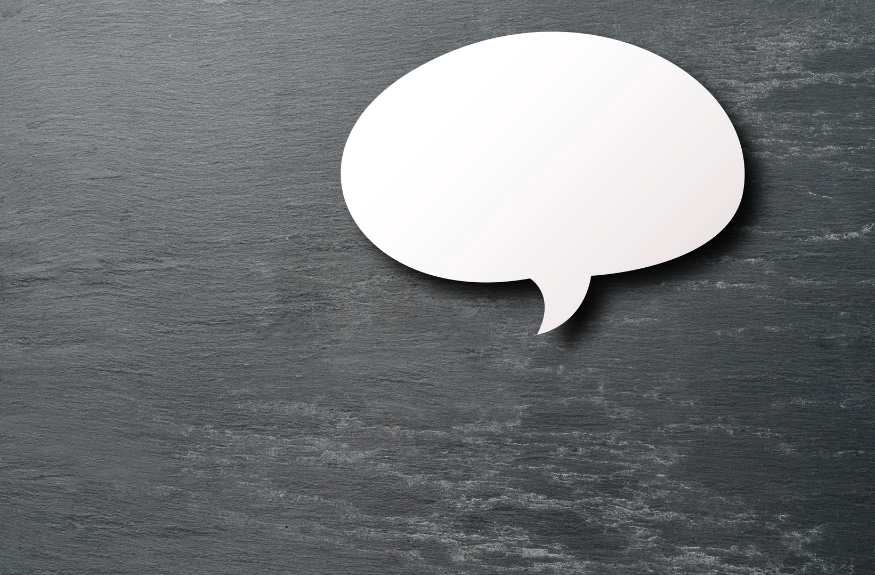Effective Communication and Customer Service
Effective communication is not simply information being conveyed from one person or party to another. That is simply just communication. Effective communication is the conveyance of information from a person or party to another person or party where the information is received in the exact way that it was intended to be.
Tammy Ruppel, the director of property management at Portman Management Company, says that effective communication is both succinct and concise while giving information that is both needed and wanted. Effective communication tends to be exact, encompassing, and very specific to ensure that there is no misinterpretation. Effective communication must convey the reasoning behind the information so that it will truly be understood.
This is why effective communication includes aspects such as body language, eye contact, and even tone. In the workplace, we often observe lapses in communication that can have consequences both big and small. If we all could communicate more effectively, everything will become much easier.
To ensure that effective communication can occur, it is important that you practice the following.
First, you have to think through what you are trying to communicate. If you just blurt out whatever first comes to mind, it may not always be correct or even close to it. By considering what you want to say, you not only make sure you get the right point across, but you will also appear more composed as well.
Next, you need to listen to what is being communicated back to you. Listening is not hearing. Listening is the actual act of hearing and considering what was just said.
Finally, understand. Not only should you understand yourself, but also those you are communicating to. Nonverbal communication can tell you a lot. For example, if your tone is sarcastic in the slightest someone may not think you are serious about something that is very important. Someone who is fidgeting or cannot sit still may have other things to do, letting you know that you may be taking up too much of their time.
Simple cues are often the most important as well as the most overlooked and can facilitate better and more effective communication by simply taking note and understanding what is really going on. Any one of these practices that can be considered positive, can also become negative and hinder communication if not observed or not practiced correctly. For example, often we must deliver a message to our tenants that they might not want to hear so we tend to beat around the bush instead of getting to the point. This can cause information to be misconstrued and be harmful to relationships moving forward. Overcoming these obstacles can be easily accomplished by slowing down and taking time to revise the interaction.
In our professional world, customer service is what determines if our businesses will thrive or barely hold on. Therefore, effective communication is so important to all of us, especially when it comes to customer service. It can make business easy. It can help you or your business grow to places you never thought possible. It can directly result in new business that will in turn, generate revenue. So, next time you are dealing with a customer, think back to these principles. What could slowing down, thinking, and effectively communicating really do for your interactions?
To stay up to date on news and resources such as this and other topics of importance to the real estate industry, subscribe to the free CRE Insight Journal Newsletter using this link.









